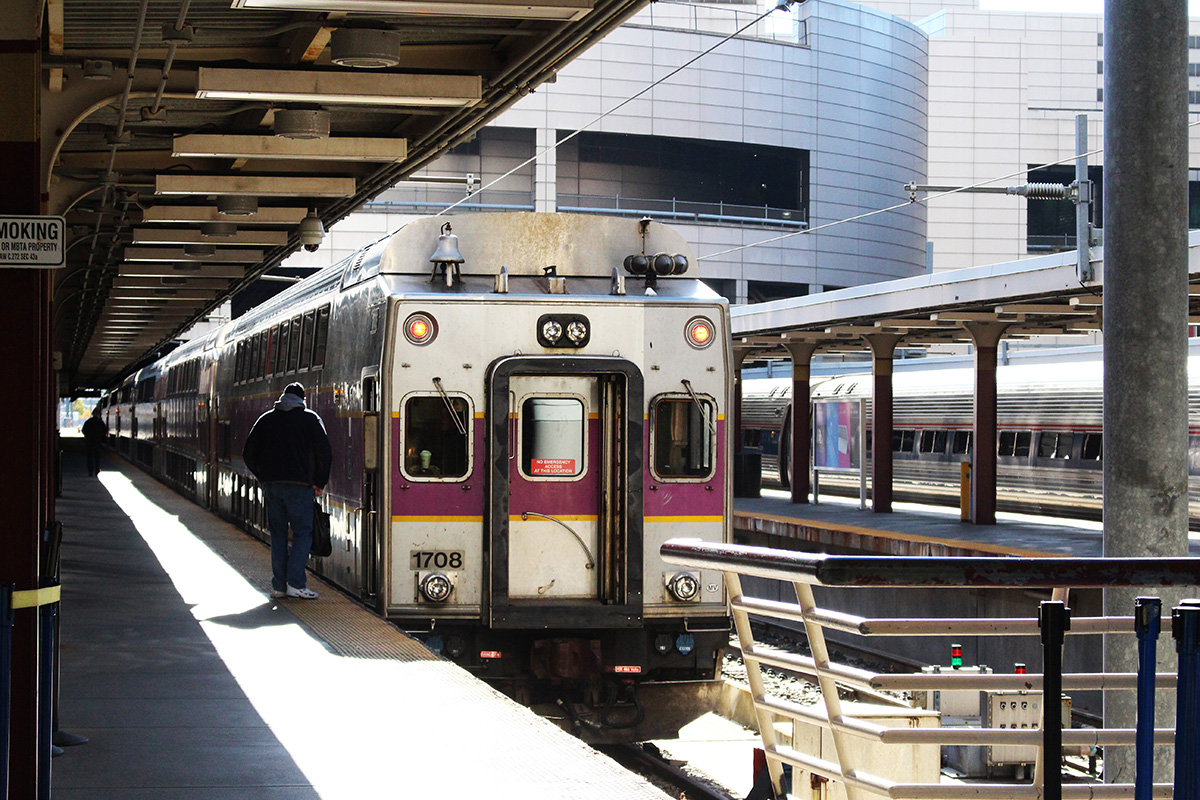The Commuter Rail Breaks Down More Often Than Any Other Regional Transit System

Photo by Margaret Burdge
The commuter rail is filled with a lot of little engines that couldn’t.
A new federal report finds that more commuter rail trains broke down in 2016 than any other system in the U.S. A total of 338 trains completely failed last year, bringing extra heat to a system that is frequently under fire for its aging, bedraggled, wildly inconsistent state.
The second- and third-worst regional-transit systems last year were New Jersey Transit, which notched 236 breakdowns, and the Long Island Railroad, with a comparably respectable 132 breakdowns.
And yet, our fellow troubled transit systems can be slightly forgiven for being so bad because they cover significantly more substantial distances: New Jersey Transit recorded 64.7 million miles covered last year, and the LIRR schlepped riders 76.2 million miles in 2016. The commuter rail, however, meandered its way through just 24.1 million miles, which is only enough to make it about three-fourths of the way to Mars. So embarrassing.
In response to this not-so-coveted honor, Chris Dempsey, who heads transportation advocacy for the state, told the Boston Herald that the distinction shouldn’t be all that surprising.
“It’s fair to say this data confirms what a lot of commuter rail riders already know: This system is not working as well as it needs to to meet the needs of the people who rely on it,” Dempsey told the Herald. “It’s a combination of years of under-investment, of a challenging contract with the private operator, and some failures on the part of the operator itself.”
The commuter rail system comprises 14 routes and 143 stations across the state, and roughly 129,000 riders climb its steps each week. According to the MBTA’s tracking, 90 percent of commuter rail trains run on time. But the state also reports that as of 2016, 240 of the 500 active locomotives or coaches in the commuter fleet were at or beyond their 25-year lifespan. They must still believe that age is just a number.


